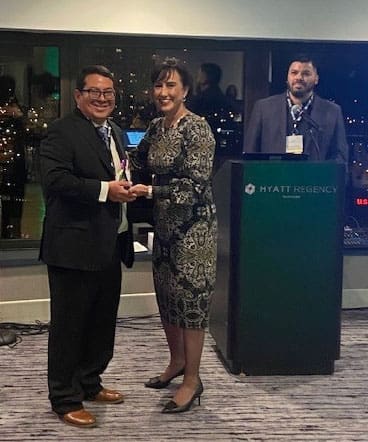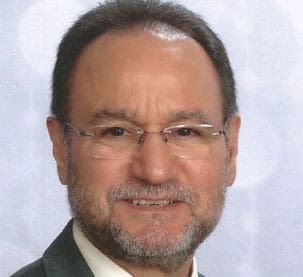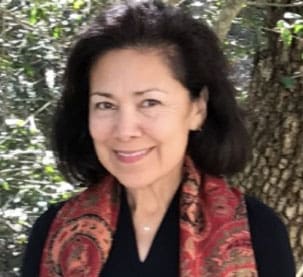
NALHE CENTRAL TEXAS CHAPTER
“To Grow & Advance Equitable Leadership & Care in Central Texas!”
Central Texas is a region in the U.S. state of Texas surrounding Austin and roughly bordered by San Saba to Bryan and San Marcos to Hillsboro. Central Texas overlaps with and includes part of the Texas Hill Country and corresponds to a physiographic section designation within the Edwards Plateau, in a geographic context. Central Texas includes the Austin–Round Rock, Killeen-Temple-Fort Hood, Bryan–College Station, and Waco metropolitan areas. The Austin–Round Rock and Killeen-Temple-Fort Hood areas are among the fastest-growing metropolitan areas in the state. The Greater Austin and Greater San Antonio areas are separated from each other by approximately 80 miles (129 km) along Interstate 35. Some of the largest cities in the region are Austin, College Station, Killeen, Round Rock, and Waco.
AUSTIN – The city has population over 960,000 that accounts for 3.34% of the state population. One of the fastest-growing cities in the US, the city also has a rapidly expanding population. The city’s robust job market and high quality of life are just two of the reasons for the influx of new residents. Major tech firms like Apple, Dell, and IBM as well as a thriving startup scene can be found in Austin.
Austin is a multicultural city with a diverse population that spans many different demographics. The majority of people in Austin are white (48.7%), followed by Hispanic or Latino (35.1%), African American (8.1%), and Asian (6.3%), according to data from the U.S. Census Bureau. People who identify as belonging to two or more races make up a sizeable portion of the city’s population (2.8%). With a median age of 32.5 years old, the population of Austin is relatively young. With 27.9% of the population in the city being between the ages of 25 and 34, millennials are also a sizable portion of the population.
The median household income in Austin is $71,000, which is a comparatively high level. But there is also a sizable income gap, with almost 20% of the population living below the poverty line. Additionally, over 10% of Austin’s population is foreign-born, and that number is rising. The largest immigrant populations originate in Mexico, India, China, and Vietnam.
The goal of the NALHE Central Texas Chapter is to partner with local and regional healthcare organizations, hospital and health systems and related agencies to ensure proper leadership representation is at the table to effectively advance health equity for diverse communities and ultimately improve health outcomes of Latino and other minority groups within the region of the state.

Dominic Castillo, Central Texas Chapter President accepting NALHE Leadership Award from Monica Vargas-Mahar, FACHE, NALHE Immediate Past-Chair & Rolando Gomez, NALHE Executive Director
GET TO KNOW THE CENTRAL TEXAS CHAPTER LEADERSHIP BOARD
(Click on each photo to see Bio)
PURPOSE
Support Latino/Latina and multicultural individuals who are in healthcare to grow and advance professionally and demonstrate to each other and to the local/regional industry the increasing contributions made by Latino/Latina and multicultural individuals within the healthcare management profession.
Encourage and provide tools for members to advance professionally and academically in the healthcare management profession.
Advocate for continued research, education, and dissemination of information about Latino/Latina and multicultural community health issues at the local level.
Support members’ full participation in the healthcare management profession and its organizations and use the Chapter platform to provide programming and networking opportunities.
UPCOMING EVENTS
Reserve this section for individuall Chapters to post events, activities, announcements etc.

 Nalhe
Nalhe








